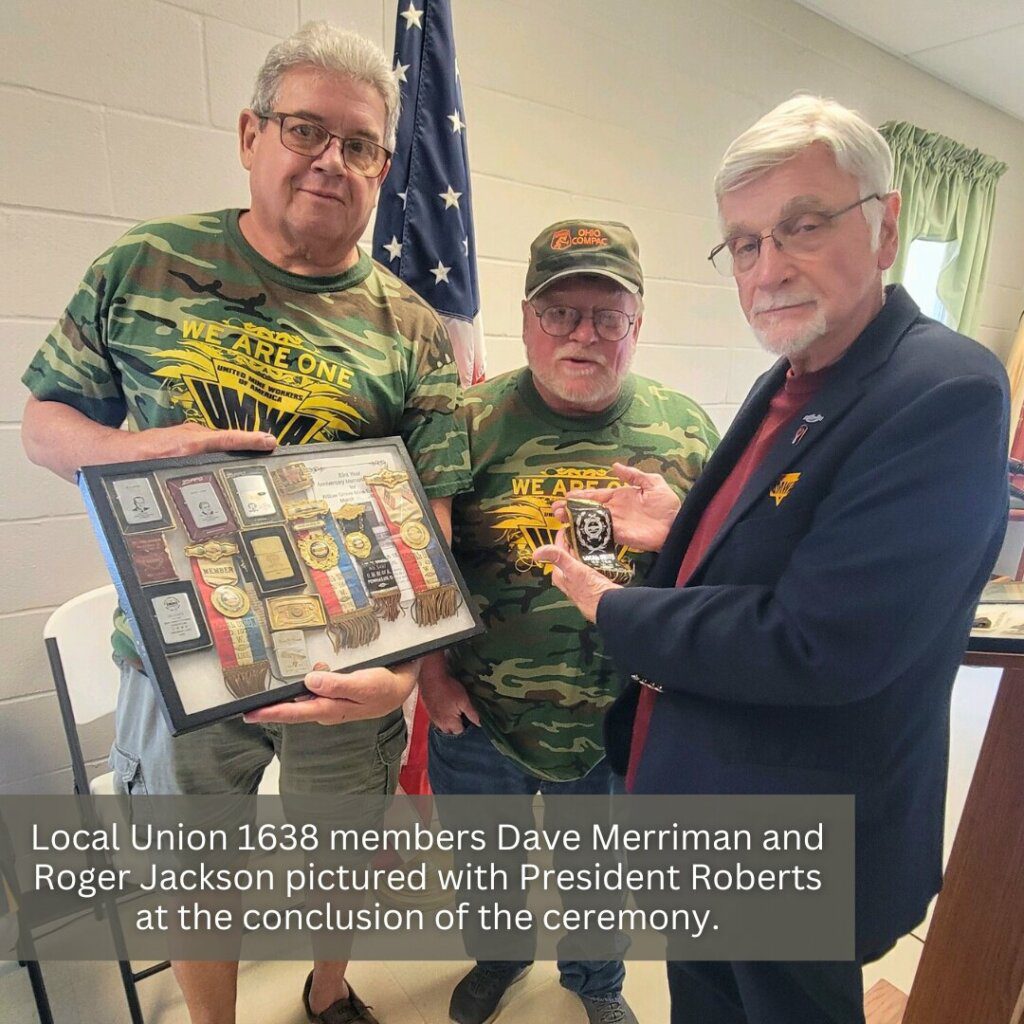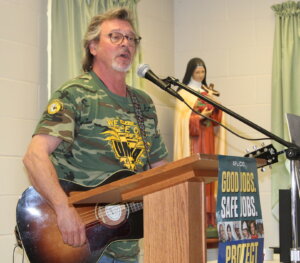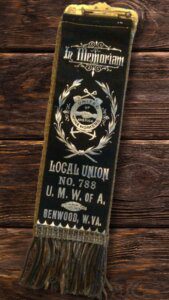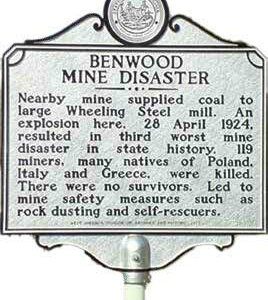BENWOOD MINE DISASTER’S LEGACY LIVES ON AS A TESTAMENT TO THE RESILIENCE AND SPIRIT OF THE MINERS AND THEIR FAMILIES WHO CONTINUE TO FACE THE CHALLENGES OF WORKING IN THE COAL INDUSTRY.
 At the conclusion of the bell tolls for the 21 lives lost on the job last year in West Virginia, the ceremony shifted focus to the 119 lives lost 100 years ago on April 28, 1924. UMWA members of Local Union 783 reported for their shift at the Benwood Mine that day,
At the conclusion of the bell tolls for the 21 lives lost on the job last year in West Virginia, the ceremony shifted focus to the 119 lives lost 100 years ago on April 28, 1924. UMWA members of Local Union 783 reported for their shift at the Benwood Mine that day,
never expecting they would never see their families again. A devastating explosion rocked the coal mine, sending shockwaves through the tight-knit mining community. Families and loved ones were left grieving. In an instant, lives were changed forever.
The disaster was a stark reminder of the inherent dangers that miners faced daily. The explosion was caused by a build up of methane gas. This further exposed the urgent need for improved safety regulations and enforcement in the coal mining industry.
“I want you to think about this for a minute. The Benwood Mine disaster happened in 1924, a century ago,” said President Roberts. “The first coal mining safety law put in place by the federal government of the United States didn’t come until 1969. That is 45 years after this horrific explosion that took 119 lives.
“Why did it take 45 years for that to happen? Because nothing happens unless we fight for it,” Roberts said. “That’s why it is so important that we remember all of those who have lost their lives on the job because it’s an inherent reminder that if we don’t fight to force the federal government to protect workers, we will be another 50 years down the road wondering what happened to our loved ones.”

UMWA Honorary Member Tom Breiding, an avid supporter during some of the UMWA’s
most recent fights, including the fight for retiree health care and pensions and the strike against Warrior Met Coal in Alabama, performed to close out the ceremony. He sang in memory of those who lost their lives on the job in 2023, the miners of the Benwood disaster, and UMWA organizer Fannie Sellins, who was gunned down by deputies in 1919 while trying to protect miners’ children.
“We have to memorialize. It’s all part of the labor movement. A lot of safety laws were written in blood, and that is why we are still fighting today. That is why we are here,” said Andy Walters, Secretary-Treasurer, West Virginia AFL-CIO, who was the emcee of the ceremony.


